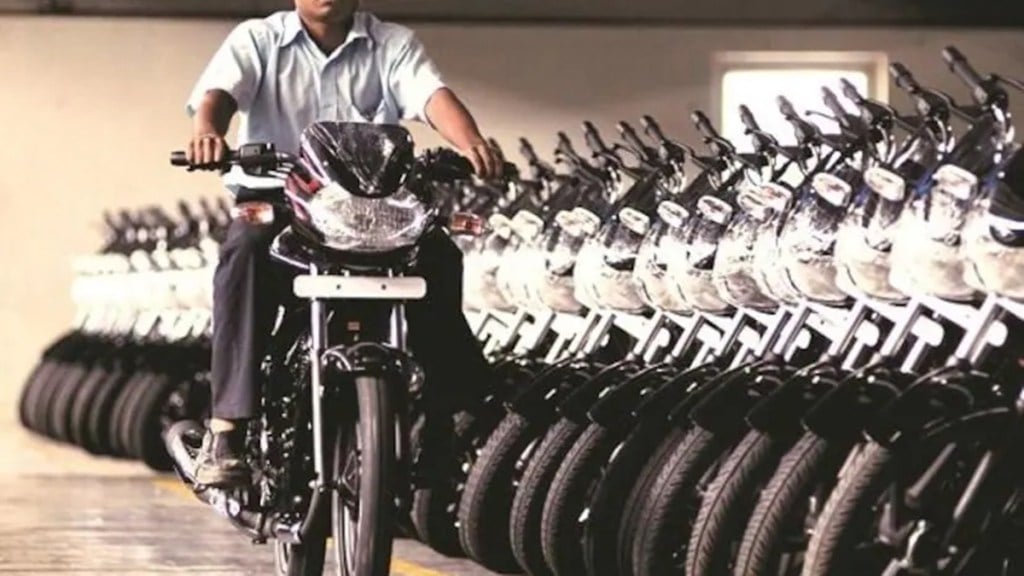Two-wheeler manufacturers are unlikely to get any extension for implementing mandatory anti-lock braking systems (ABS) on bikes with engine capacity below 125cc. The ministry of road transport and highways (MoRTH) has indicated that the January 1, 2026 deadline will remain unchanged, despite repeated requests from the industry for a deferment.
At a recent meeting with leading manufacturers, officials from the ministry reiterated that safety regulations could not be relaxed. They said the cost impact of adding ABS was manageable and that companies should plan product pricing accordingly.
According to people aware of the discussions, original equipment manufacturers (OEMs) have warned that installing ABS could raise vehicle prices by around Rs 5,000–Rs 6,000. They argued that such an increase might dampen demand, particularly in rural markets where most entry-level motorcycles are sold. The ministry, however, maintained that rider safety could not be compromised for cost reasons. Further, prices have come down with the lowering of GST rates on two-wheelers up to 350 cc engine capacity to 18% from the earlier 28%.
Manufacturers such as Hero MotoCorp and Honda Motorcycle and Scooter India (HMSI) have cited global precedents to support their case for flexibility. They pointed out that in countries like Japan, ABS is mandatory only for motorcycles above 125cc, while smaller models are allowed to use combined braking systems (CBS). According to manufacturers, CBS already provides adequate safety for commuters who mostly use these bikes for short-distance travel in cities and rural areas.
Industry executives say the mandate could disproportionately affect the mass segment, which forms the backbone of the domestic two-wheeler market. Nearly 85% of motorcycle sales come from sub-125cc models. Hero MotoCorp, which derives nearly all its volumes from this segment, is expected to be the most affected, followed by Honda, TVS Motor Company, and Bajaj Auto.

